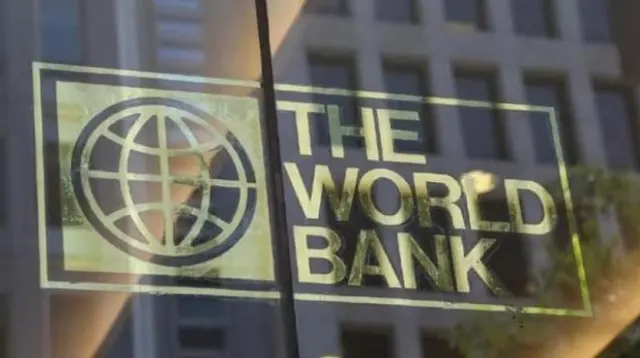The recent U.S.-Russian initiative on the Syria issue and the agreement reached by the two powers on the necessity of an international conference on Syria increase chances for a peaceful resolution in the conflict-stricken country, political experts said.
U.S. Secretary of State John Kerry has recently paid a visit to Moscow and agreed with his Russian counterpart Sergei Lavrov to hold an international peace conference on Syria.
The intended conference is meant to revive a previous one held in late June 2012 in Geneva and sponsored by the two powers, which called for immediate ceasefire between Syrian fighting parties and launching inter-Syrian dialogue for a transitional government.
"This is a point of balance reached in the positions of Russia and the United States," said Mohamed al-Saeed Edrees, head of the Arab and Regional Studies Department at Al-Ahram Center for Political and Strategic Studies.
Edrees told Xinhua that the situation in Syria has reached a point "that does not tolerate pursuing a military solution," particularly in light of the recent escalations including the Israeli airstrikes on Syria and the exchange of accusations between Syria' s regime and opposition of using chemical weapons," which is U.S. President Barack Obama' s red line."
"These escalations took the United States to a dead-end while it does not want to clash with regional and international powers such as Russia and Iran, especially that China is also against a military solution to the crisis," Edrees explained.
Kerry also sent U.S. Ambassador to Damascus, Robert Ford, to Istanbul to meet with Syrian opposition representatives to prepare for the proposed peace conference.
While Israel wants to be part of the conference, Iran could also be included. But Qatar and Turkey do not encourage such a path, said Edrees. "The whole thing is independent of the U.S.-Russian momentum," he added.
On Monday, Obama said in a press conference with British Prime Minister David Cameron that he would work to bring the Syrian government and opposition to the negotiating table in Geneva in a few weeks.
However, he also highlighted challenges including involvement of Iran, militants of Lebanon's Hezbollah and al-Qaida-affiliated Nusra Front in the conflict.
"The United States just wanted to weaken Iran by the fall of a strong ally like Syria, which is a link between Iran and Lebanon's Hezbollah that threatens the security of Israel," Gamal Salama, head of the political science department at Suez University, told Xinhua.
The professor argued that the United States might like the turmoil in Syria to go on so that the Syrian army and the extremist groups on the borders exhaust each others in favor of a powerful and secure Israel.
"Although it wants Syria to be weak and busy, the recent approach shows an obvious change in the position of the United States," Salama added.
He noted that Turkey also started to adopt another course and showed less enthusiasm about NATO interference in Syria as domestic criticisms came against Prime Minister Recep Tayyip Erdogan that his calls would urge extremist to deploy near Turkish borders and threaten the country' s national security.
For his part, Hani Khallaf, Egypt's former assistant foreign minister for Arab affairs, noted that the United States reaffirmed from the beginning that it was against a military interference in Syria.
"The change is that the United States has become more concerned about the growing Islamists from Nusra Front and the Syrian Muslim Brotherhood in Aleppo," Khallaf told Xinhua.
He said that Turkey also warned the United States that if Syria fell, the Kurdish groups in Syria might secede and seek forming their so-called "Greater State of Kurdistan" with their fellows in Syria, Turkey, Iran and Iraq.
"The concern about growing Islamists is behind the relative change of the U.S. position," Khallaf said.
The ex-diplomat said that the proposed international conference on Syria could be "the suitable mechanism for the interests and positions of all parties concerned and it would be stronger if sponsored by the United Nations, not by the two big powers."
If successful, the conference would help set up a transitional government and might require "full-fledged" UN peacekeeping forces in Syria to ensure commitment of all parties, Khallaf said.
The new invitation for "an international conference" shows that the United States and Russia are interested in bringing all related international and regional parties together, including China, the Arab League, the European Union and even Iran.
"It is a new approach that must be used and invested by all parties, not only the Syrian regime," Khallaf concluded.
The Arab League has recently welcomed the U.S.-Russian initiative when Secretary-General Nabil al-Arabi made it clear that "All Arab states support an international conference in Geneva based on the recent U.S.-Russian agreement."
 简体中文
简体中文

